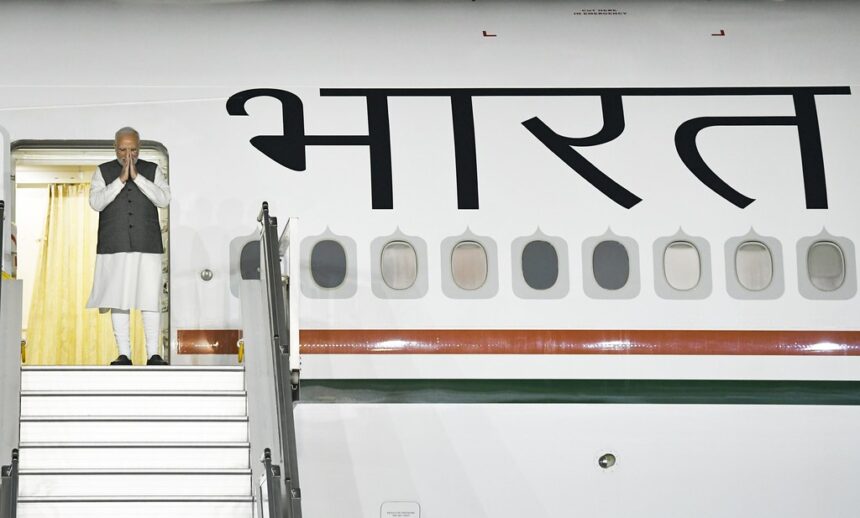A growing wave of protests and calls for boycotts is sweeping across India as U.S. President Donald Trump threatens to double tariffs on Indian goods, raising duties on some exports to as high as 50 percent. The move has sparked a nationalistic backlash, with lawmakers, business leaders, and grassroots groups urging citizens to shun American products and rally behind local industries.
Ashok Kumar Mittal, a member of India’s upper house of Parliament, has been among the most vocal, calling for a boycott of U.S. brands to send a clear message that India “will never come under pressure by anyone.” Protests erupted across major cities this week, with activists burning effigies of Trump near the U.S. Consulate in Kolkata. Demonstrators argued that the tariffs, linked to India’s continued imports of Russian oil, unfairly target Indian workers and farmers while ignoring U.S. trade in other Russian commodities.
India’s vast consumer market makes it a vital territory for U.S. companies. Platforms like WhatsApp count India as their largest user base, while fast-food chains and beverage giants such as Domino’s, McDonald’s, Pepsi, and Coca-Cola dominate the retail landscape. But calls to “buy local” are gaining strength. Business leaders have amplified the sentiment on social media, with entrepreneurs like Manish Chowdhary of Wow Skin Science urging Indians to make “Made in India” a global phenomenon, and others calling for domestic versions of platforms like Twitter and Google to reduce reliance on foreign technology.
The boycott push has been championed by Prime Minister Narendra Modi’s own message of self-reliance. In his Independence Day address, Modi encouraged traders and shopkeepers to prominently promote Indian-made goods. Meanwhile, the Swadeshi Jagran Manch, a group linked to the ruling Bharatiya Janata Party, has staged rallies nationwide, framing the campaign as a matter of national pride. The movement echoes Canada’s “Elbows Up” response to its own trade disputes with the U.S., where consumers shifted away from American imports and embraced domestic products.
Despite the symbolic power of the protests, questions remain over their economic impact. While some citizens support the campaign, others remain indifferent. Rajat Gupta, a resident of Lucknow, dismissed the political tensions as irrelevant to his everyday choices, saying his McDonald’s McPuff and 49-rupee coffee offered unbeatable value. Whether patriotism will translate into a sustained boycott of American goods is still uncertain, but the rhetoric of self-reliance is unmistakably growing louder.

